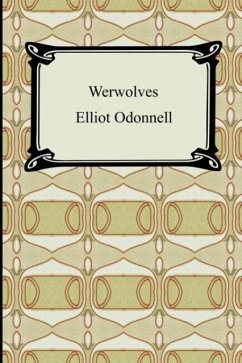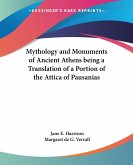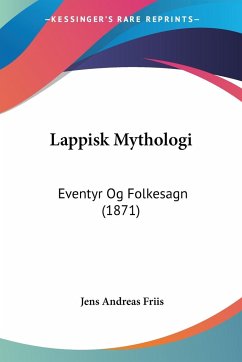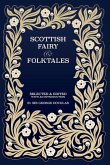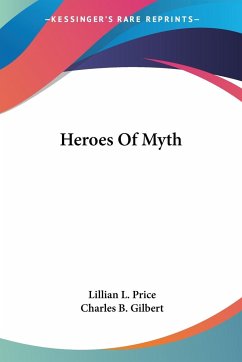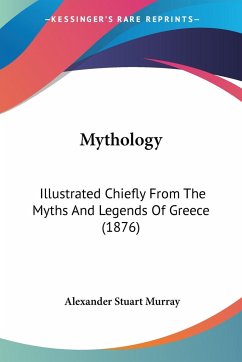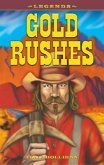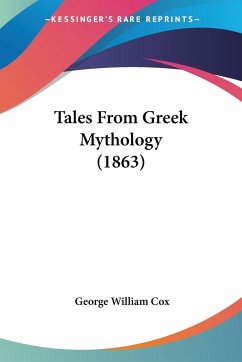"The word werwolf (or werewolf) is derived from the Anglo-Saxon 'wer', man, and 'wulf', wolf, and has its equivalents in the German 'Wahrwolf' and French 'loup-garou', whilst it is also to be found in the languages, respectively, of Scandinavia, Russia, Austria-Hungary, the Balkan Peninsula, and of certain of the countries of Asia and Africa; from which it may be concluded that its range is pretty well universal."-From chapter one of Werwolves by Elliot O'Donnell.

